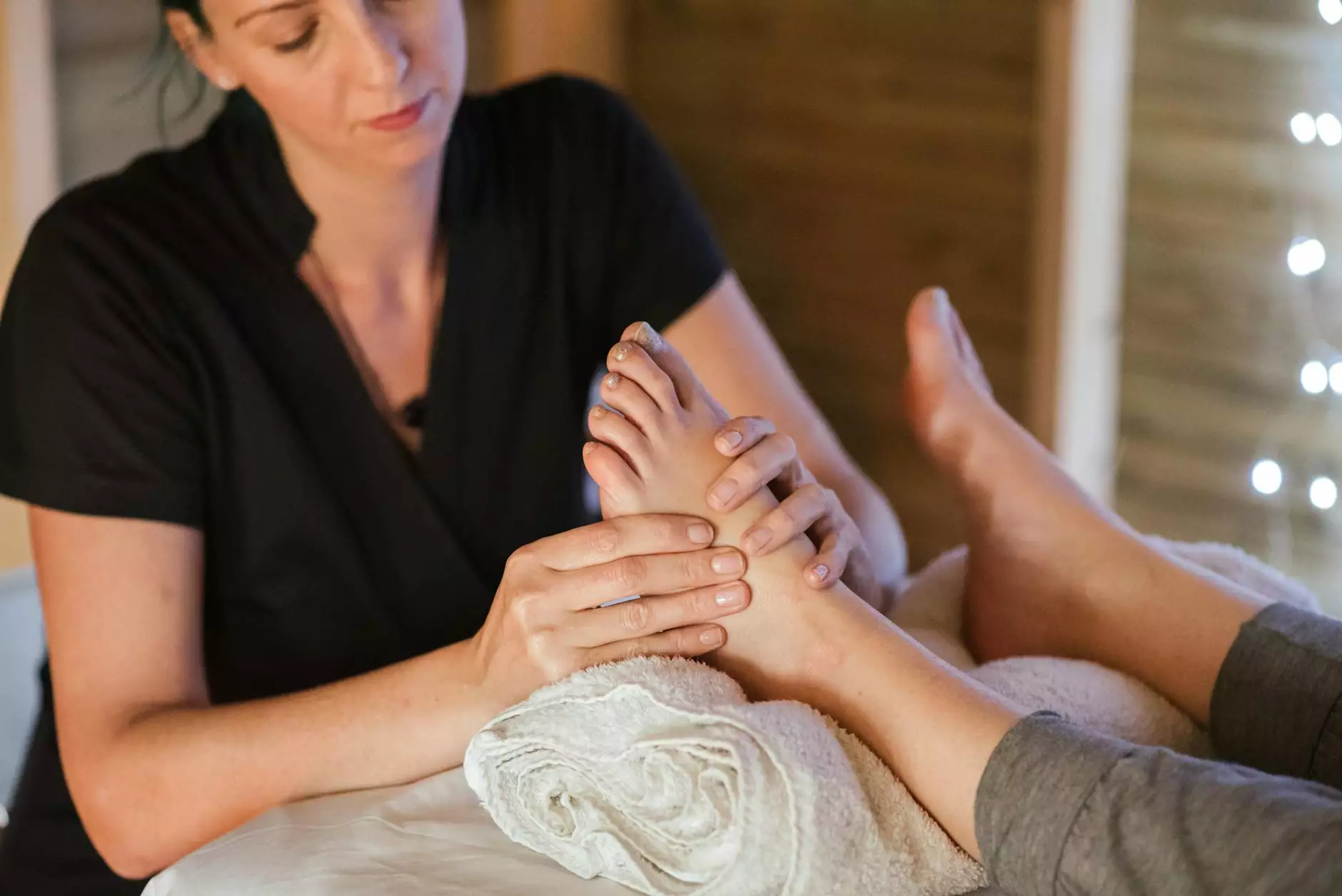Finding the Best Allergist Near Me: A Comprehensive Guide

Allergies can affect anyone, regardless of age or lifestyle. They can lead to discomfort, health complications, and a decrease in quality of life. This is why finding the right allergist near me can be essential for managing allergies effectively. In this article, we will explore what allergists do, how to choose the best one, and the critical role they play in health and wellness.
Understanding the Role of an Allergist
An allergist is a medical professional who specializes in diagnosing and treating allergies, asthma, and related conditions. They are trained to identify different types of allergens, help manage allergy symptoms, and develop treatment plans tailored to individual needs. Here’s a closer look at their key responsibilities:
- Diagnosis: Allergists utilize various tests, including skin tests and blood tests, to determine the specific allergens affecting patients.
- Treatment Plans: They create personalized treatment plans, which may include medications, immunotherapy, or lifestyle changes.
- Education: Allergists educate patients on avoiding allergens and managing symptoms effectively.
- Research: Many allergists engage in research to better understand allergies and develop new treatments.
Why You Might Need an Allergist
Considering the prevalence of allergies in our society, many individuals may need to consult an allergist near me. Here are some reasons you might consider visiting an allergist:
- Persistent Symptoms: If you have ongoing symptoms such as sneezing, itching, or skin rashes that do not respond to over-the-counter medications.
- Severe Reactions: If you experience severe allergic reactions (anaphylaxis), it is crucial to consult an allergist for immediate management strategies.
- Asthma Management: Allergists also specialize in asthma management, especially if your asthma symptoms worsen with exposure to allergens.
- Personalized Care: Allergists provide tailored care that can significantly improve your quality of life.
How to Find an Allergist Near Me
Finding the right allergist near me can seem daunting, but here are some tips to make the process easier:
1. Research Local Allergists
Start by conducting an online search or asking for recommendations from your primary care physician or friends. Visit reputable websites such as mediglobus.com to gather information about local specialists in your area.
2. Check Credentials
Once you have a list, check each allergist's qualifications. Look for board certification in allergy and immunology, which indicates they have completed the necessary training.
3. Read Reviews
Online reviews can offer insight into other patients' experiences. Look for reviews on healthcare platforms and consider both positive and negative feedback.
4. Evaluate the Clinic
Consider visiting the clinic to assess the environment. A welcoming and professional atmosphere can contribute to a better healthcare experience.
5. Schedule a Consultation
Once you’ve narrowed down your options, schedule a consultation. This visit allows you to ask questions, discuss your symptoms, and determine if the allergist is a good fit for you.
Common Allergy Treatments Offered by Allergists
Allergists provide a variety of treatment options tailored to individual needs. Here are some common treatments you may encounter:
1. Allergy Testing
Effective treatment begins with understanding the allergen. The allergist will likely perform:
- Skin Tests: Small amounts of allergens are placed on your skin to observe reactions.
- Blood Tests: Used to detect specific antibodies related to allergies.
2. Medication Management
Medications can help relieve allergy symptoms. Common options include:
- Antihistamines: Help alleviate sneezing, itching, and runny noses.
- Decongestants: Reduce swelling in the nasal passages.
- Corticosteroids: Help control inflammation.
- leukotriene modifiers: Assist in controlling asthma and allergy symptoms.
3. Immunotherapy
For those with severe allergies, allergists may recommend immunotherapy, which involves a series of injections (or sublingual tablets) that gradually desensitize the immune system to particular allergens.
4. Emergency Action Plans
For individuals at risk of anaphylaxis, allergists create tailored emergency plans, which include prescribed medications like epinephrine—and instructions on how and when to use them.
Preventive Measures to Manage Allergies
In addition to medical treatments, allergists also emphasize the importance of preventive measures. Here are several strategies to help manage allergies effectively:
- Allergen Avoidance: Identify and avoid triggers whenever possible. This might mean changing your home environment or adjusting your lifestyle.
- Maintain Indoor Air Quality: Regularly clean your home, use air purifiers, and reduce humidity to minimize allergens like dust mites and mold.
- Keep Track of Pollen Levels: Stay informed about pollen counts during allergy season and try to stay indoors on high pollen days.
- Practice Good Hygiene: Regularly wash your hands, shower after exposure to allergens, and keep your living areas dust-free.
What to Expect During Your Visit with an Allergist
Understanding what happens during your first visit can ease your concerns. Here’s what you can generally expect:
- Medical History Review: The allergist will discuss your medical history, including previous allergic reactions, family history, and current symptoms.
- Physical Examination: A thorough examination will be conducted to assess your condition.
- Testing Discussion: Based on your symptoms, the allergist will recommend appropriate tests.
- Treatment Plan Development: After diagnosis, a personalized treatment plan will be established.
The Importance of Follow-Up Visits
Follow-up visits are crucial in managing allergies effectively. They allow the allergist to track your progress, adjust treatment plans, and offer additional advice as needed. Regular follow-ups can lead to:
- Monitoring Treatment Effectiveness: Ensuring the treatment is working as intended.
- Identifying New Allergies: As individuals age, they may develop new allergies that require attention.
- Maintaining Open Communication: Continuous dialogue with your allergist fosters a supportive healthcare relationship.
Conclusion: The Path to Better Health
Finding the right allergist near me can significantly enhance your quality of life. Allergists are dedicated to diagnosing, treating, and educating patients about allergies and related conditions. By understanding their role and the importance of seeking treatment, you can take proactive steps toward better health.
Whether you have seasonal allergies, food allergies, or asthma, remember that effective treatment is available. Take the first step by searching for an expert allergist in your area today, and reclaim your comfort and health!








